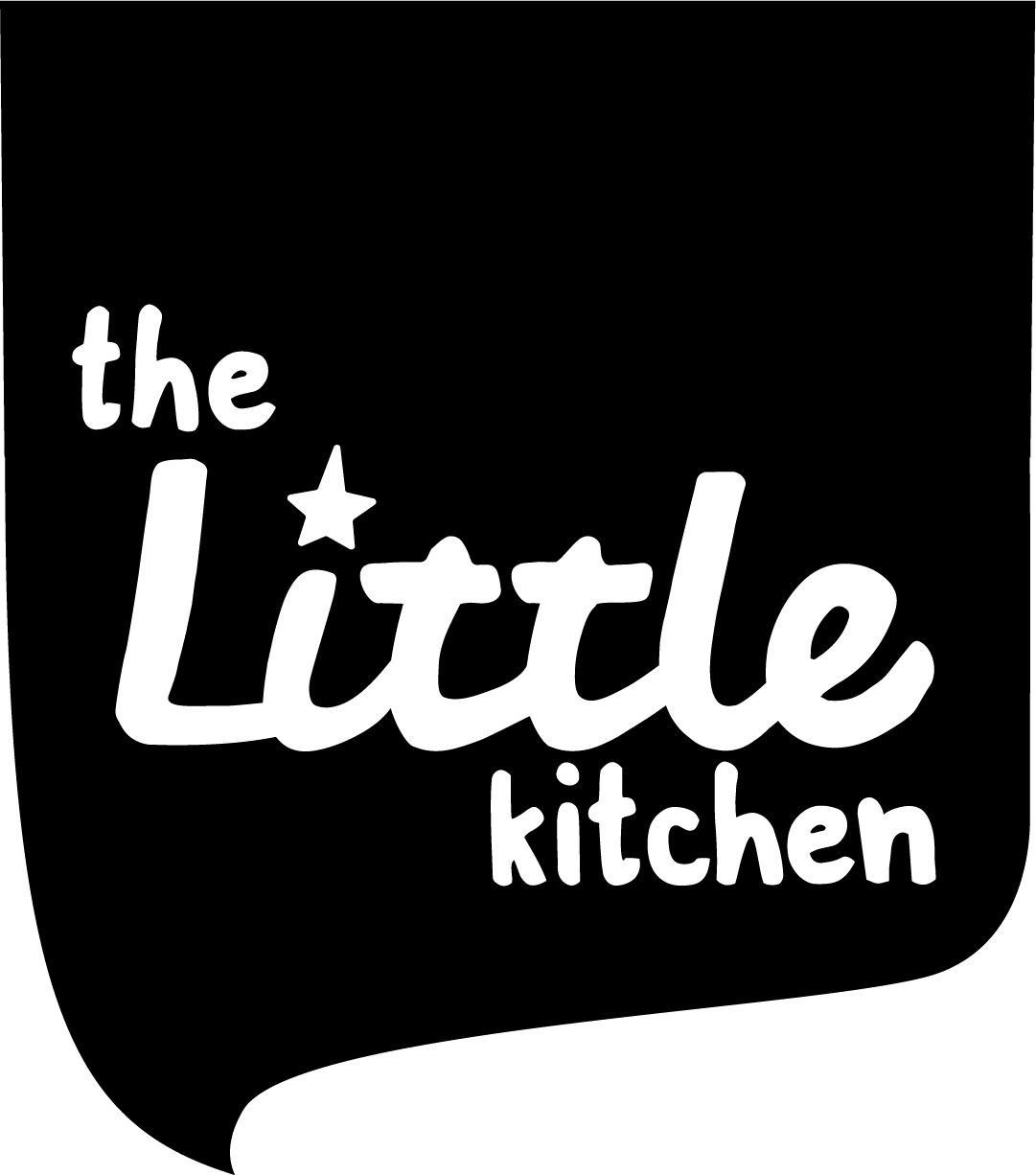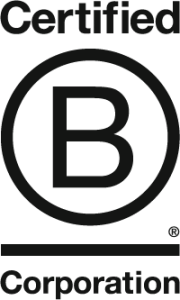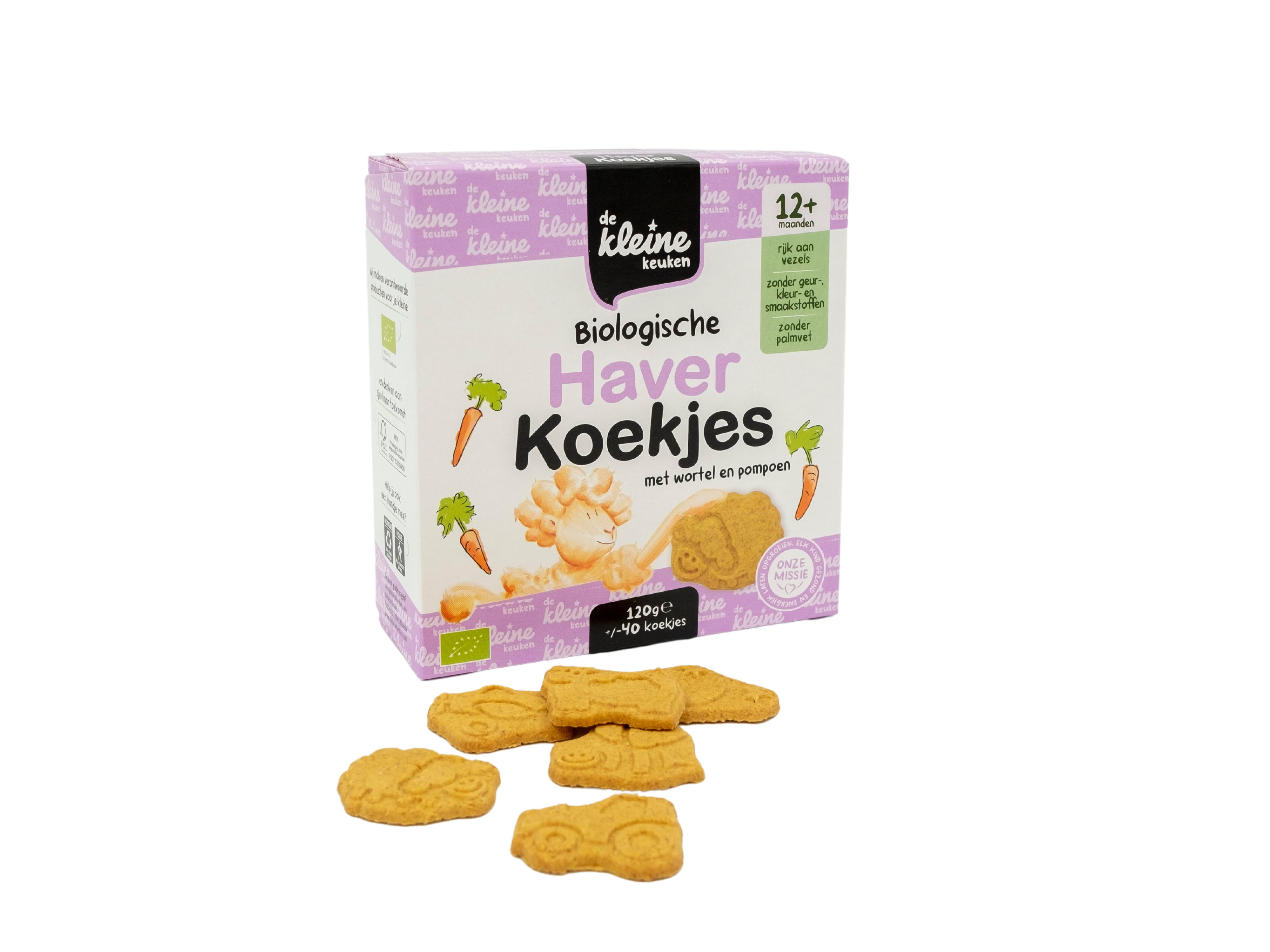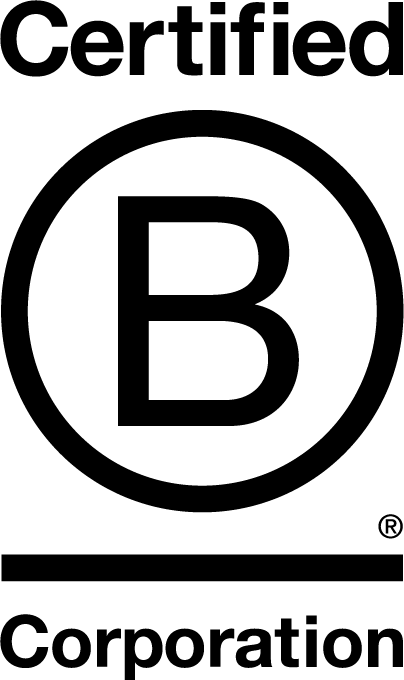Be honest. This is not new to us. But it sure is shocking. Because despite that this study has been done in Vienna, Sofia, Budapest and Haifa (Israel), Dutch supermarkets also stock ‘baby products’ that you’d rather not give to your child.
But for your convenience, we’ve noted down the most important 5 points to consider when feeding your baby.
1. Products that state they are for babies under 6 months are not a good choice.
Research has shown that exclusively feeding your child breastmilk, or baby formula (specifically for babies up to 6 months), is the best option for babies that age. You little one under 6 months old doesn’t need anything else and will get all of their nutrition from this milk.
2. Choose products that will give them energy
A baby cannot eat much in a day because its stomach is still very small. So why would you feed them filling, but ’empty’ products? Your baby may not feel hungry anymore, but there is no nutritional value to those products.
3. Check the amount of sugar
Ensure that the percentage of energy derived from sugars in the product isn’t too high. (‘carbohydrate – sugars’ in nutritional information label.) For each product category, try to choose the items that contain the least amounts of sugar.
When you feed your child lots of sweet things, their instinctive preference for sweet things can be amplified. This can increase their risk of developing obesity or unhealthy eating habits later in life.
“Research has shown that exclusively feeding your child breastmilk, or baby formula up to 6 months, is the healthiest option for babies that age.”

4. Babies need a higher percentage of fat content than toddlers. Not the other way around.
Babies need fat in their food and the older children get, the less fat they will need. Babies that are six months old get about 40-60% of their energy from fat. When they are 24 months old, this is only 30-35%.
Research has shown that the percentage of fat in food often goes up with the recommended age. And our bodies need less saturated fat than unsaturated fat. Unsaturated fat helps to regulate the cholesterol in our blood, among other things. Most products meet the WHO’s recommendations about saturated fat. They advise to derive less than 10% of total energy from saturated fat.
5. Opt for 0.0000000000% salt
The WHO advises that you should never add salt to baby food. However, this still happens. So pay close attention to the ingredients before you buy something for your baby. Skip products that include ‘salt’ as an ingredient. Because some ingredients contain salt naturally, you can check the salt content in the nutritional information table.












